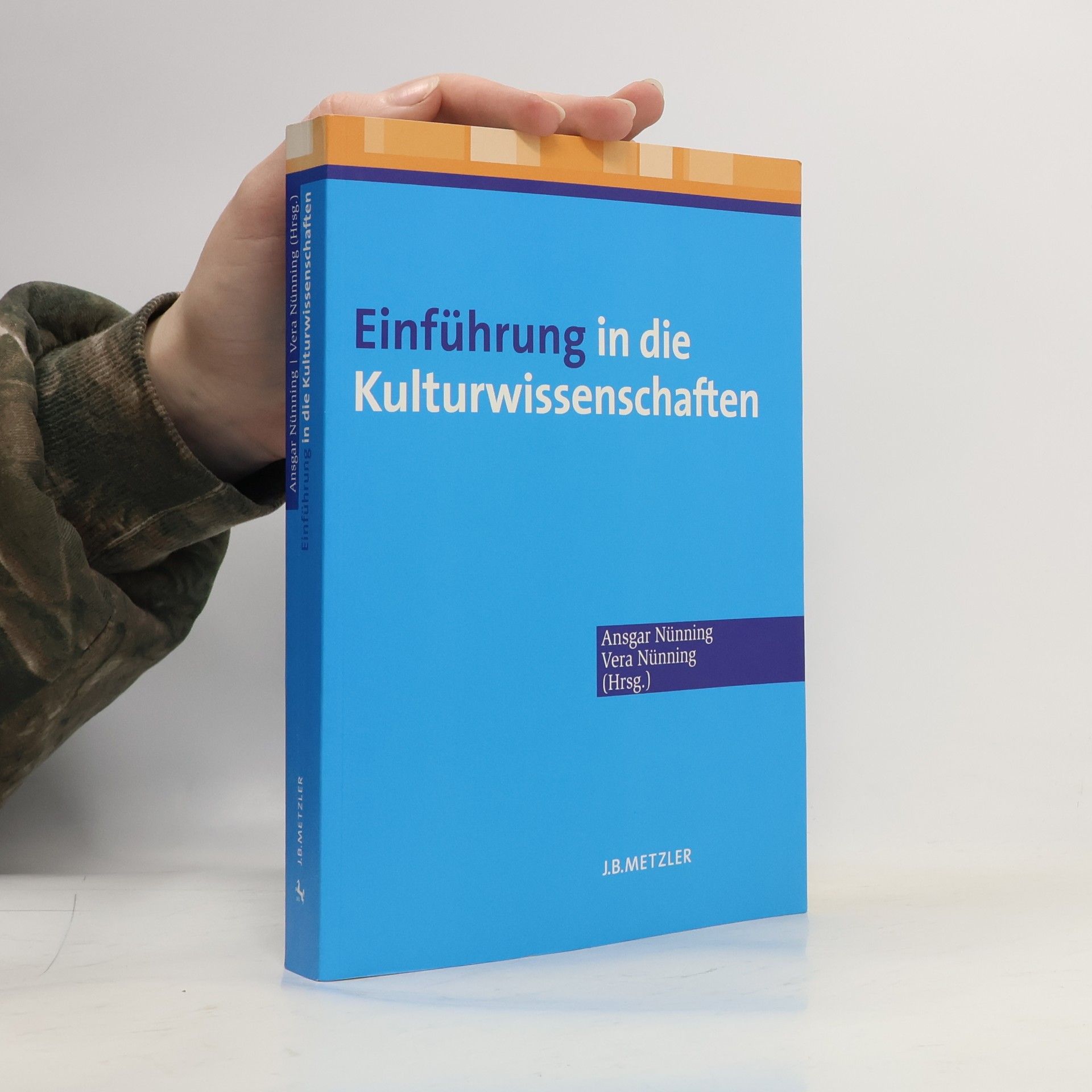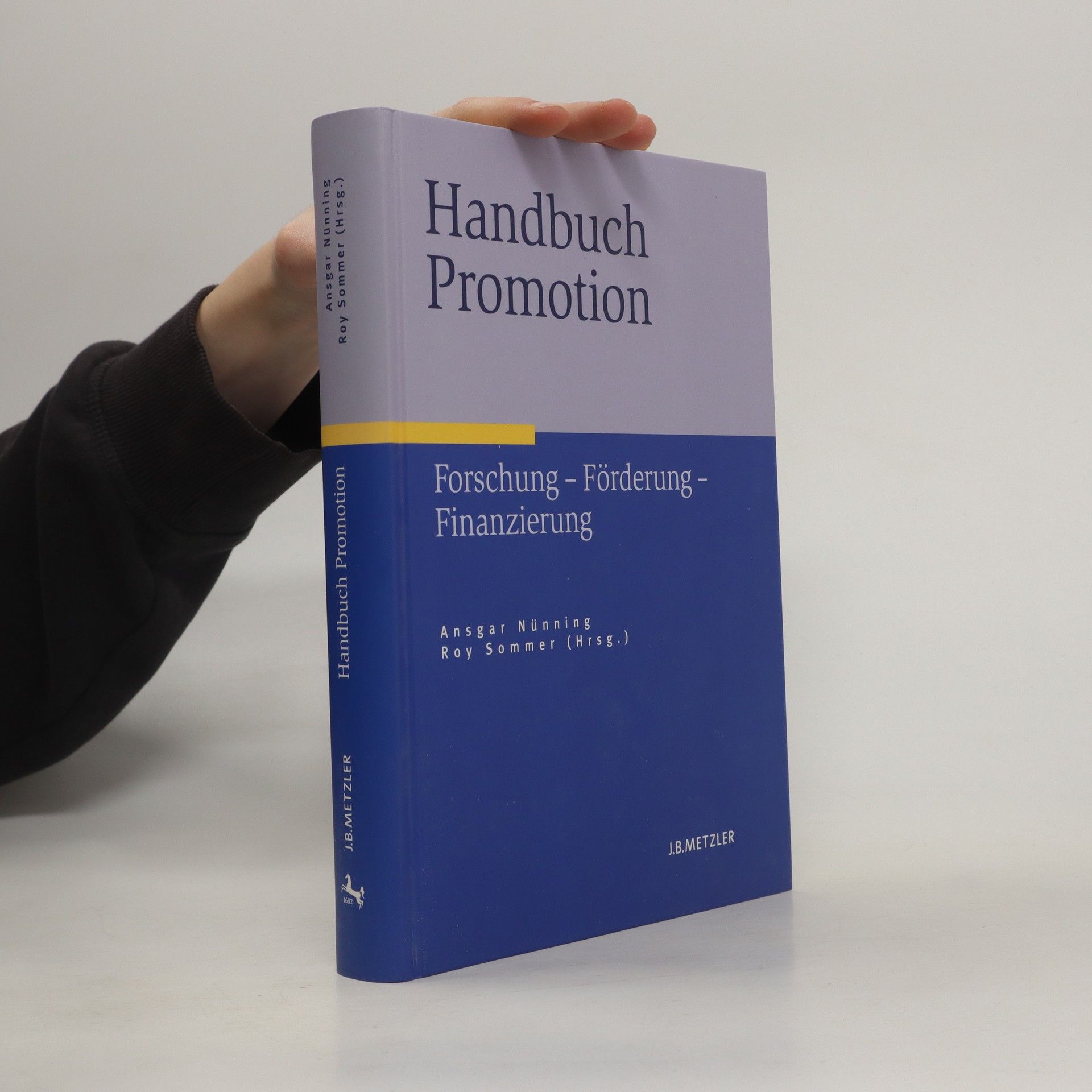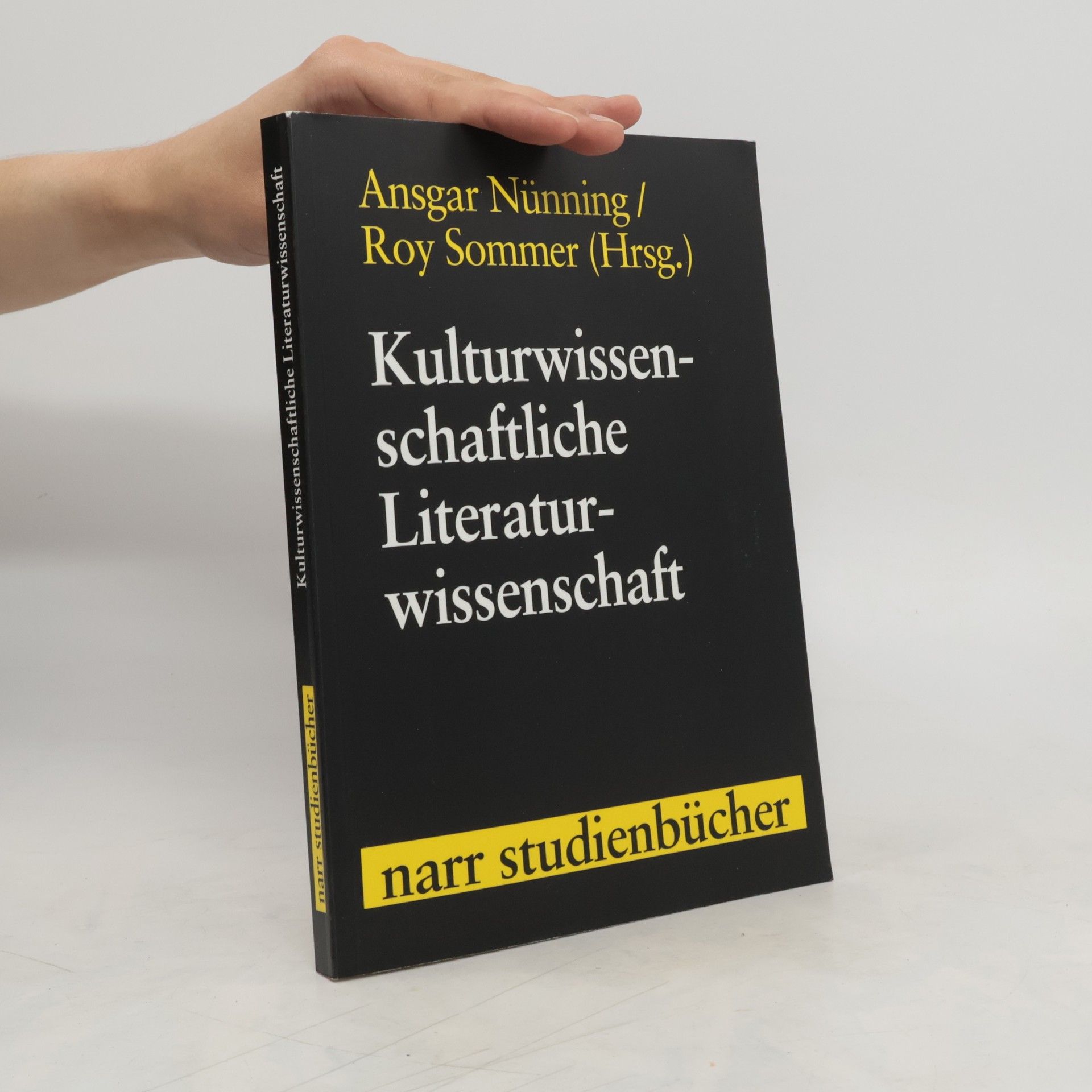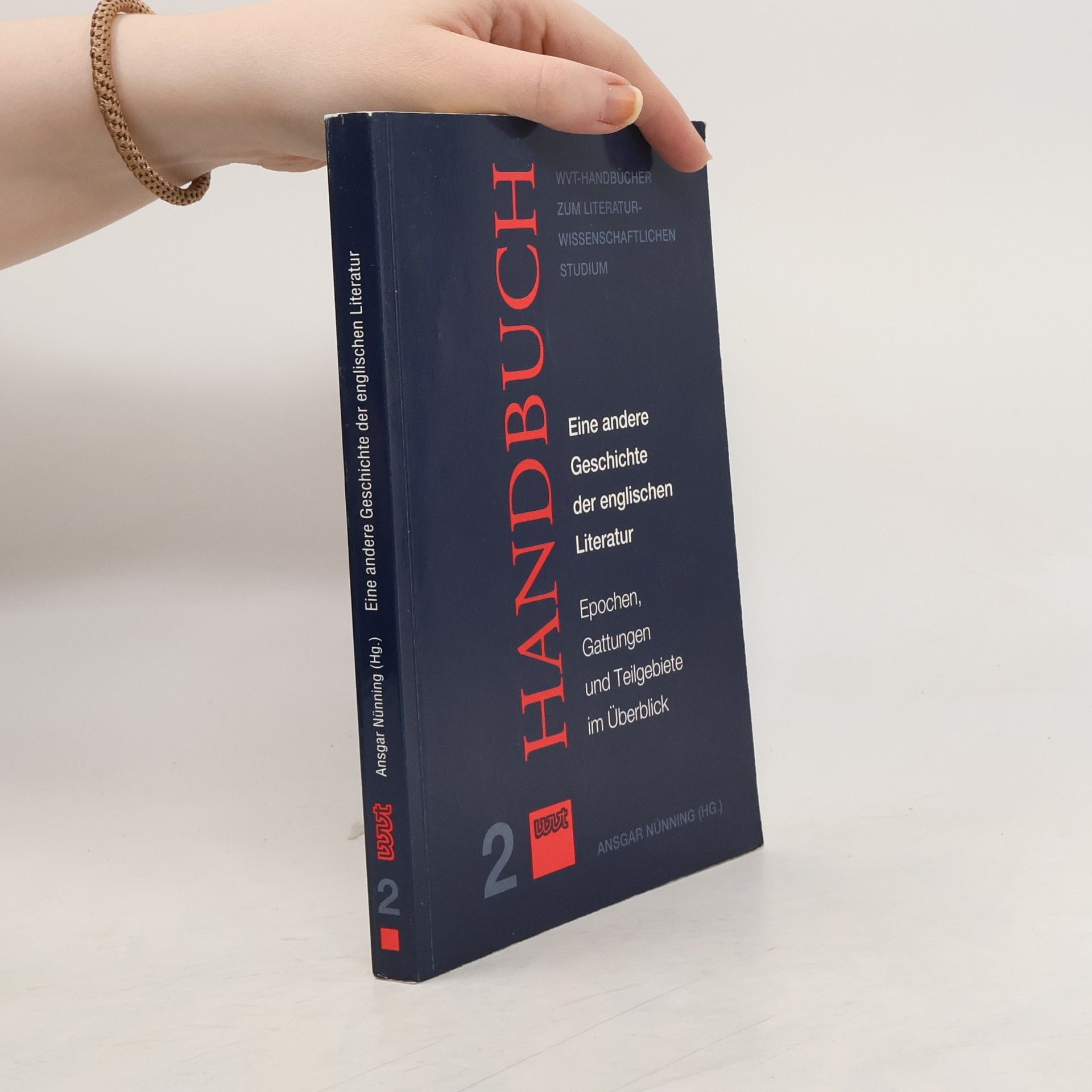Sicher im Studium Die Reihe mit dem Grundlagenwissen sämtlicher Teildisziplinen des Studienfachs Anglistik / Amerikanistik Fragestellungen und wissenschaftliche Zusammenhänge des Faches Bietet Orientierung und kompaktes Wissen Einführung in die zentralen Themen und Methoden des Faches und in die englische / amerikanische Literaturgeschichte Für die gezielte und schnelle Vorbereitung auf Hochschulprüfungen übersichtlich und leicht verständlich Zu den Autoren: Vera Nünning ist Professorin für Englische Literaturwissenschaft an der Ruprecht-Karls-Universität Heidelberg. Ansgar Nünning ist Professor für Englische und Amerikanische Literatur- und Kulturwissenschaft an der Justus-Liebig-Universität Gießen.
Ansgar Nünning Livres

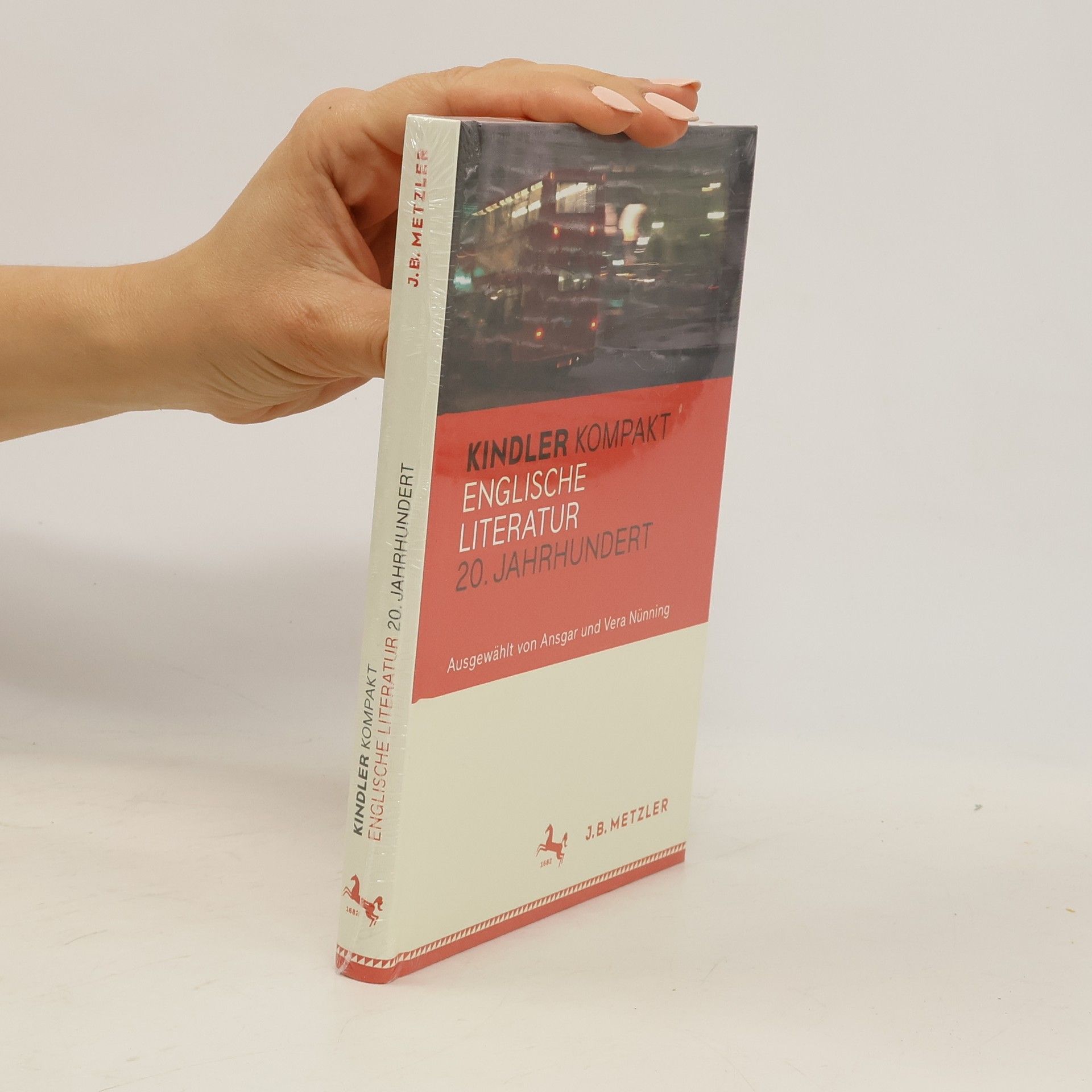
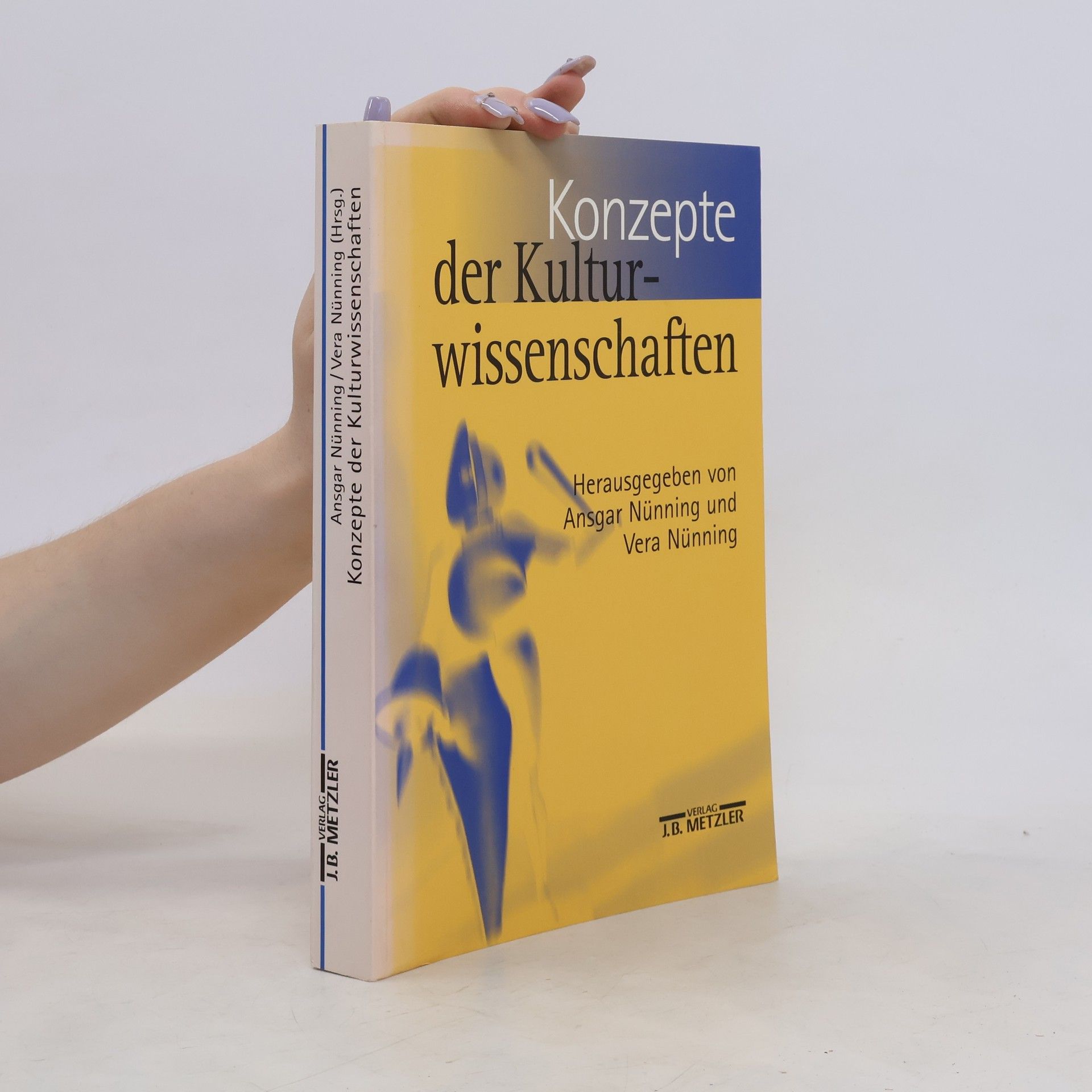
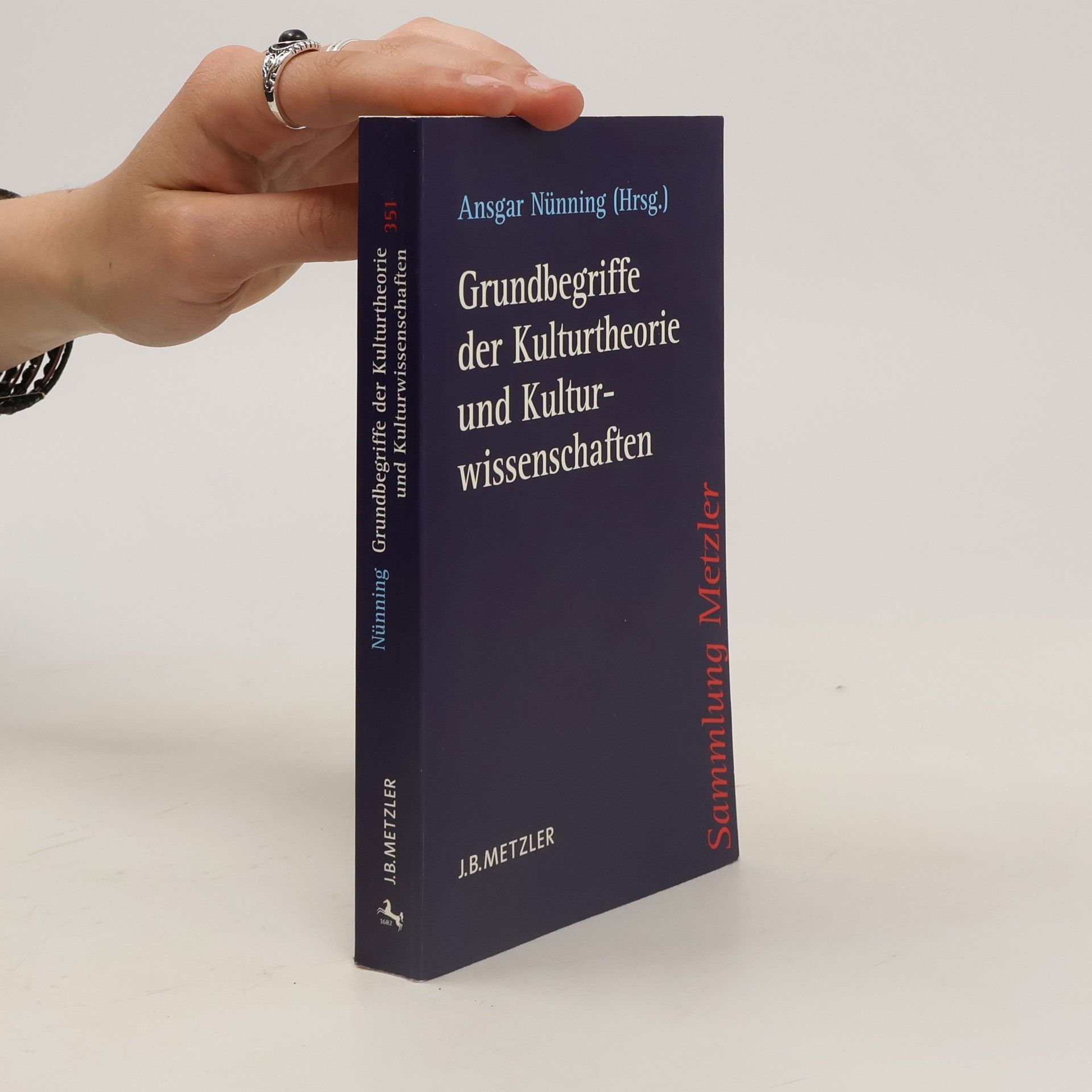

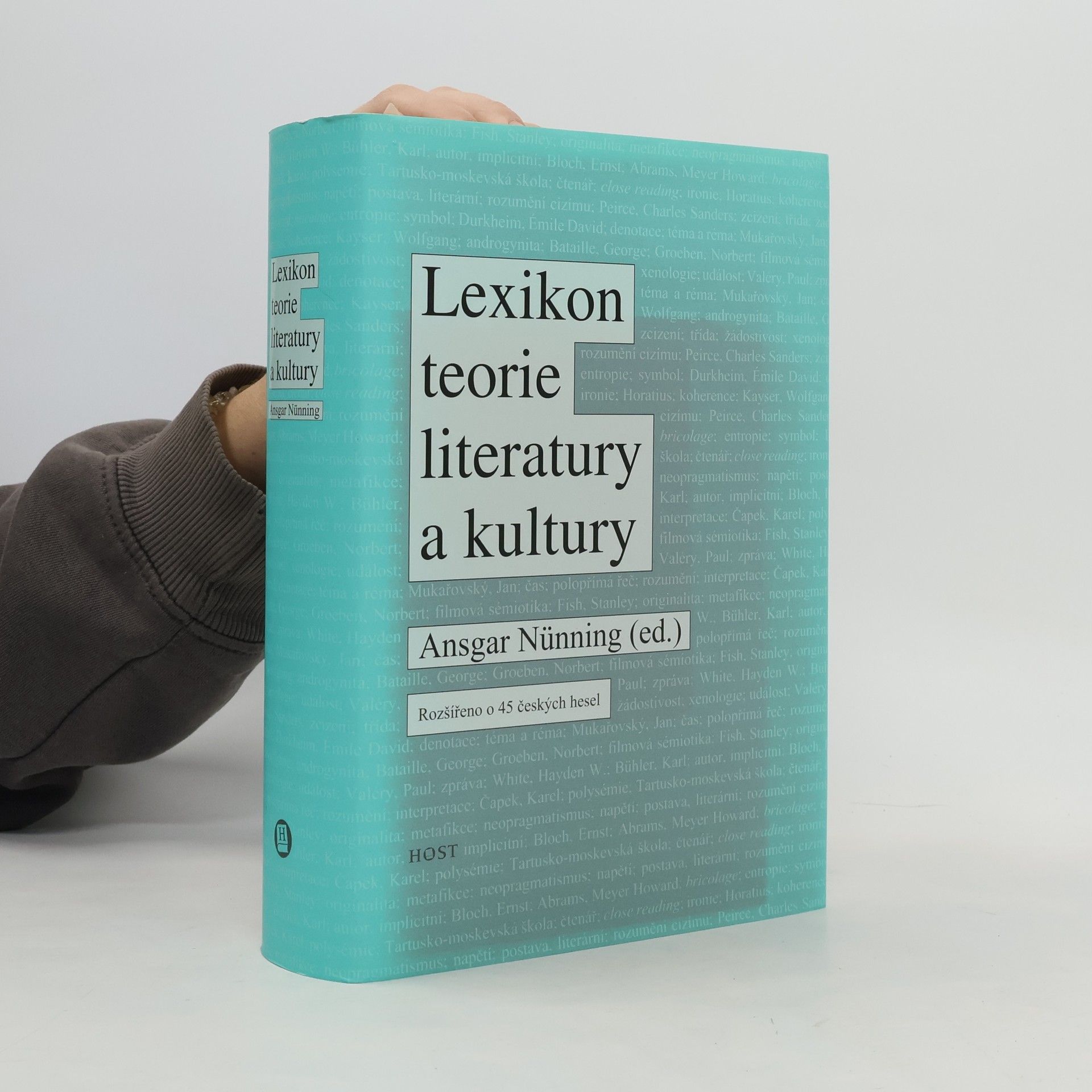

Lexikon teorie literatury a kultury: koncepce - osobnosti - základní pojmy
- 912pages
- 32 heures de lecture
Lexikon slouží jako pracovní pomůcka pro lepší orientaci v pojmech a předmětech, které dnes i odborníci obtížně chápou. Interdisciplinárně zaměřený lexikon nabízí přehled různorodých literárněvědných a kulturologických přístupů, osvětluje klíčové pojmy a seznamuje s autory, kteří formovali teoretické diskuse. Jeho cílem je poskytnout odborné vodítko studentům všech filologických oborů a věd o kultuře, jakož i čtenářům ostatních duchovědných disciplín, zejména historikům, sociologům a psychologům, kteří se zajímají o teorii. Lexikon usnadňuje orientaci v pojmech, které se objevují v interdisciplinárních diskusích literární teorie a teorie kultury. Aby splnil tento cíl, musí být co nejobsáhlejší, aniž by ztratil příruční charakter. Česká verze Lexikonu není pouze překlad, ale také adaptace do českého kulturního kontextu. Adaptace zahrnuje tři hlavní prvky: (1) rozšíření o relevantní české a slovenské položky v oddíle „Lit.“ na konci hesel, včetně překladů; (2) rozšíření původních hesel o české apendixy; (3) nová hesla autorů, směrů a pojmů, které by domácí uživatel měl mít k dispozici v souvislosti s teorií literatury a kultury.
Der englische Roman des 20. Jahrhunderts
- 192pages
- 7 heures de lecture
Ansgar Nünning Dieser Band gibt einen kompakten Überblick über die wichtigsten Erscheinungsformen, Genres und Entwicklungstendenzen im englischen Roman des 20. Jahrhunderts. Im Mittelpunkt stehen die exemplarische Charakterisierung der Erzählkunst eines breiten Spektrums von Autorinnen und Autoren sowie der sechs Phasen, in die sich die Gattungsentwicklung unterteilen lässt. Besonderer Wert wird auf die Vermittlung von Orientierungs- und Überblickswissen, zentralen Fachbegriffen, typischen Erzählverfahren und transferierbaren Kenntnissen gelegt. Renzension „Die Leserin/der Leser gewinnt einen ausgezeichneten Überblick über inhaltliche wie formale Entwicklungsstränge des englischen Romans in diesem Jahrhundert. […]“ Neusprachliche Mitteilungen aus Wissenschaft und Praxis 53.1 (2000)
Grundbegriffe der Kulturtheorie und Kulturwissenschaften
- 246pages
- 9 heures de lecture
Leitfaden durch die Fülle kulturwissenschaftlicher Begriffe und Theorien. In über 150 Beiträgen informiert der Band über die wichtigsten Ansätze, wie z. B. Dekonstruktivismus, Gender Studies, Postkolonialismus und Kultursemiotik sowie die zentralen Begriffe wie etwa Erinnerung, Ritual und Ethnizität.
Konzepte der Kulturwissenschaften
Theoretische Grundlagen - Ansätze - Perspektiven
- 450pages
- 16 heures de lecture
Der Band „Konzepte der Kulturwissenschaften“ bietet Orientierung in einem interdisziplinären Diskussionsfeld, das inzwischen selbst für Fachleute kaum noch überschaubar ist. Er informiert über die gegenwärtigen kulturwissenschaftlichen Diskussionen - insbesondere in den Literaturwissenschaften - und gibt einen systematischen und umfassenden Überblick über die verschiedenen Ansätze wie Kultursemiotik, Kulturanthropologie und New Historicism. Weitere Kapitel widmen sich der Medienwissenschaft, kulturwissenschaftlicher Geschlechterforschung, Fragen des kulturellen Gedächtnisses oder interkultureller Kommunikation.
Die Kindler Kompakt Bände präsentieren in handlicher Form die 30 - 40 wichtigsten Autoren udn Werke einer Literatur eines Jahrhunderts. Auf 192 Seiten werden sie vorgestellt. Dazu gibt es eine kompakte Einleitung des Herausgebers. Hier werden die Epochen verortet, die großen Linien gezogen, das Wesentliche zusammengefasst. Das alles handlich und in schöner Form, zweifarbige Gestaltung, lesbarer Satz. Schöne literarische Begleiter in allen Lebenslagen - wer Klassiker kauft, wird von Kindler Kompakt begeistert sein!
Einführung in die Kulturwissenschaften
- 392pages
- 14 heures de lecture
Der Band „Konzepte der Kulturwissenschaften“ bietet Orientierung in einem interdisziplinären Diskussionsfeld, das inzwischen selbst für Fachleute kaum noch überschaubar ist. Er informiert über die gegenwärtigen kulturwissenschaftlichen Diskussionen - insbesondere in den Literaturwissenschaften - und gibt einen systematischen und umfassenden Überblick über die verschiedenen Ansätze wie Kultursemiotik, Kulturanthropologie und New Historicism. Weitere Kapitel widmen sich der Medienwissenschaft, kulturwissenschaftlicher Geschlechterforschung, Fragen des kulturellen Gedächtnisses oder interkultureller Kommunikation.
Alle Fakten zur Promotion jetzt systematisch zusammengestellt. Welchen Anforderungen müssen Doktoranden gerecht werden? Auf welche Schlüsselkompetenzen kommt es an? Welche Möglichkeiten der Finanzierung eröffnen sich? Die Experten zum Thema Graduiertenförderung geben ausführliche Antworten. Viele Praxishinweise zu effektivem Projekt- und Zeitmanagement und zu Stichworten wie „Juniorprofessur“ und „Druckkostenzuschuss“ machen das Handbuch zu einer wertvollen Entscheidungs- und Arbeitsrichtschnur.
Der Band steckt die vielfältigen Chancen einer kulturwissenschaftlich orientierten Literaturwissenschaft ab, Setzt sich aber auch kritisch mit den methodischen Problemen auseinander. Im ersten Teil wird das Spektrum der aktuellen Debatten um das Thema ausgeleuchtet, anschließend wird an exemplarischen Projekten die Praxis kulturwissenschaftlichen Arbeitens erläutert; im dritten Teil wird die Perspektive auf transdisziplinäre Aspekte ausgeweitet.
